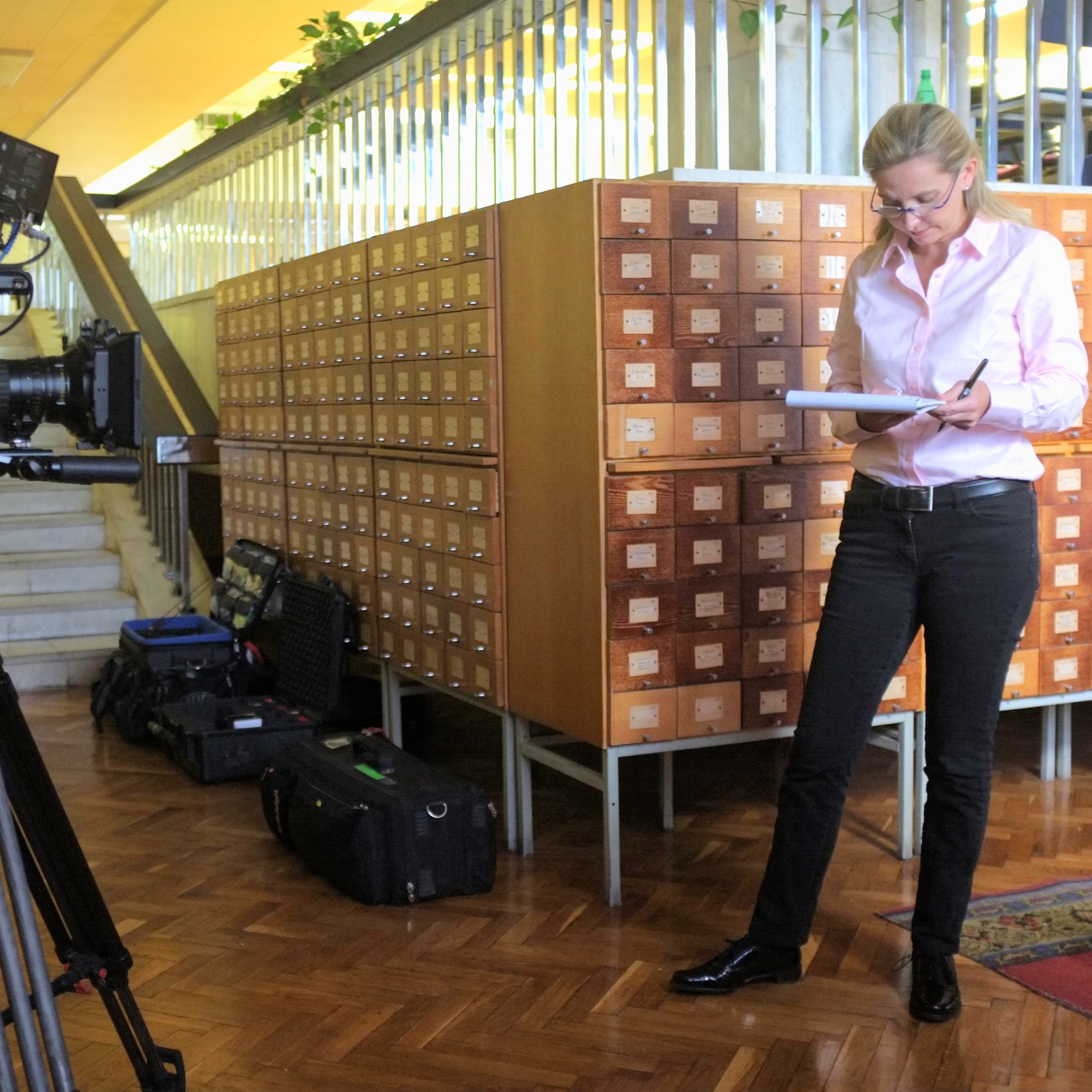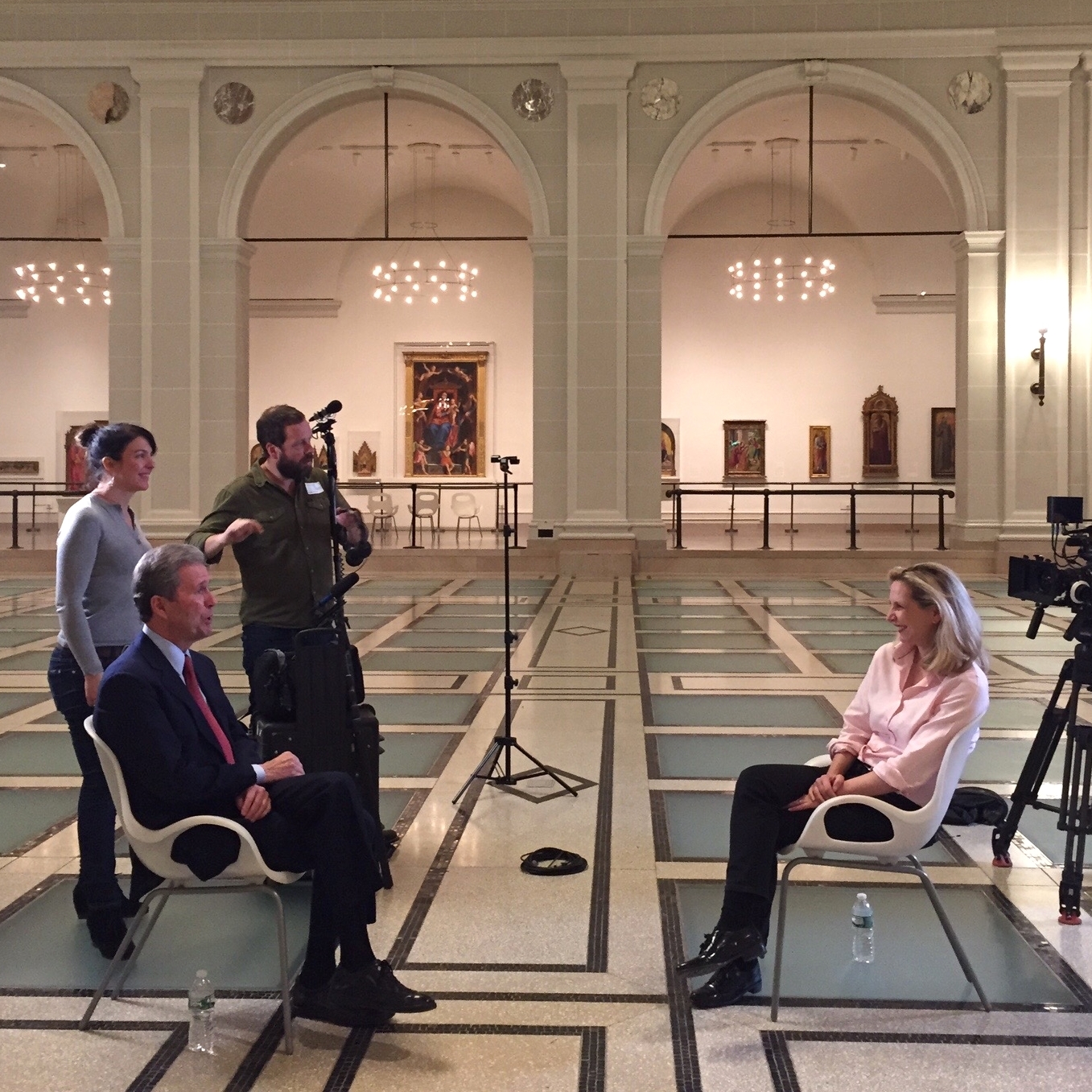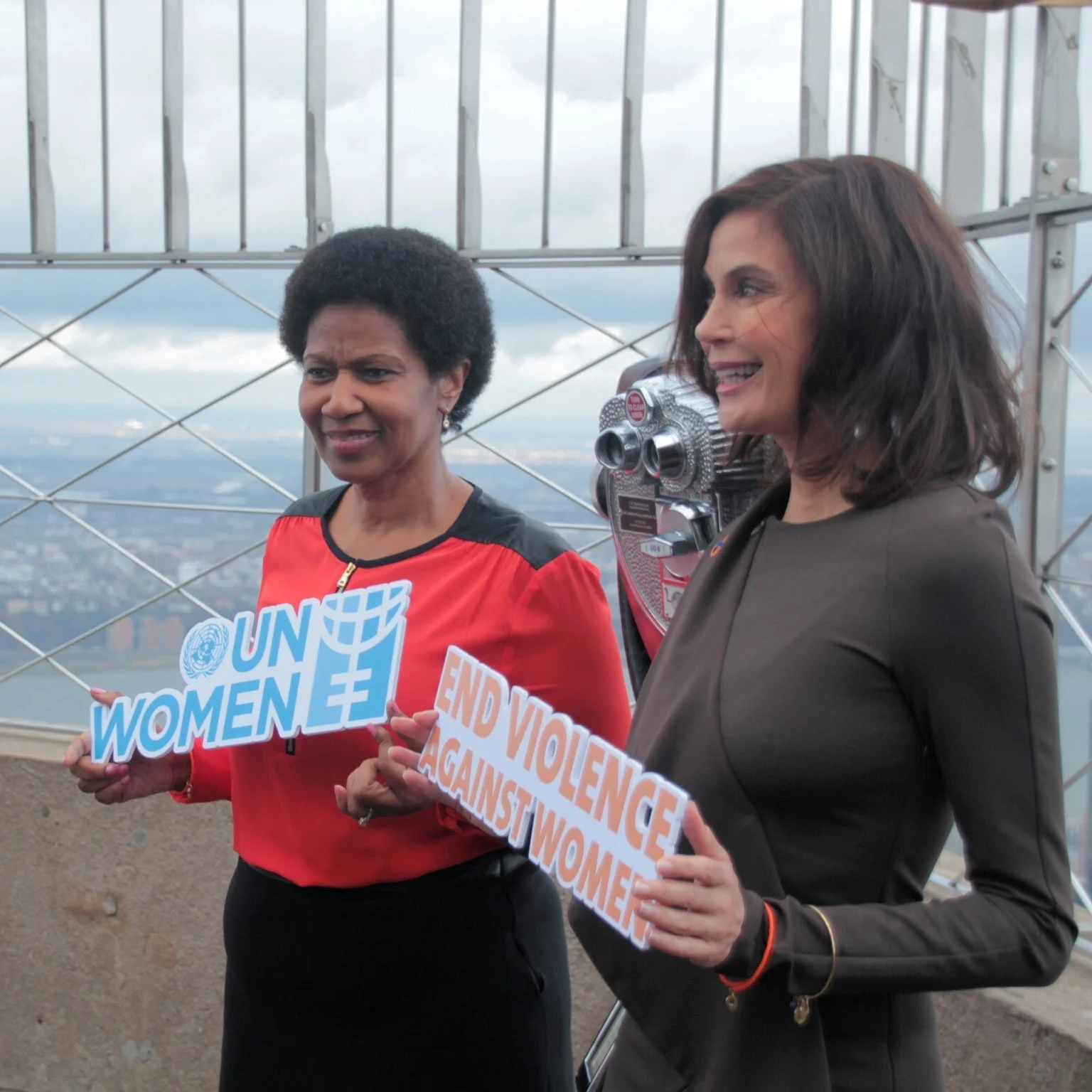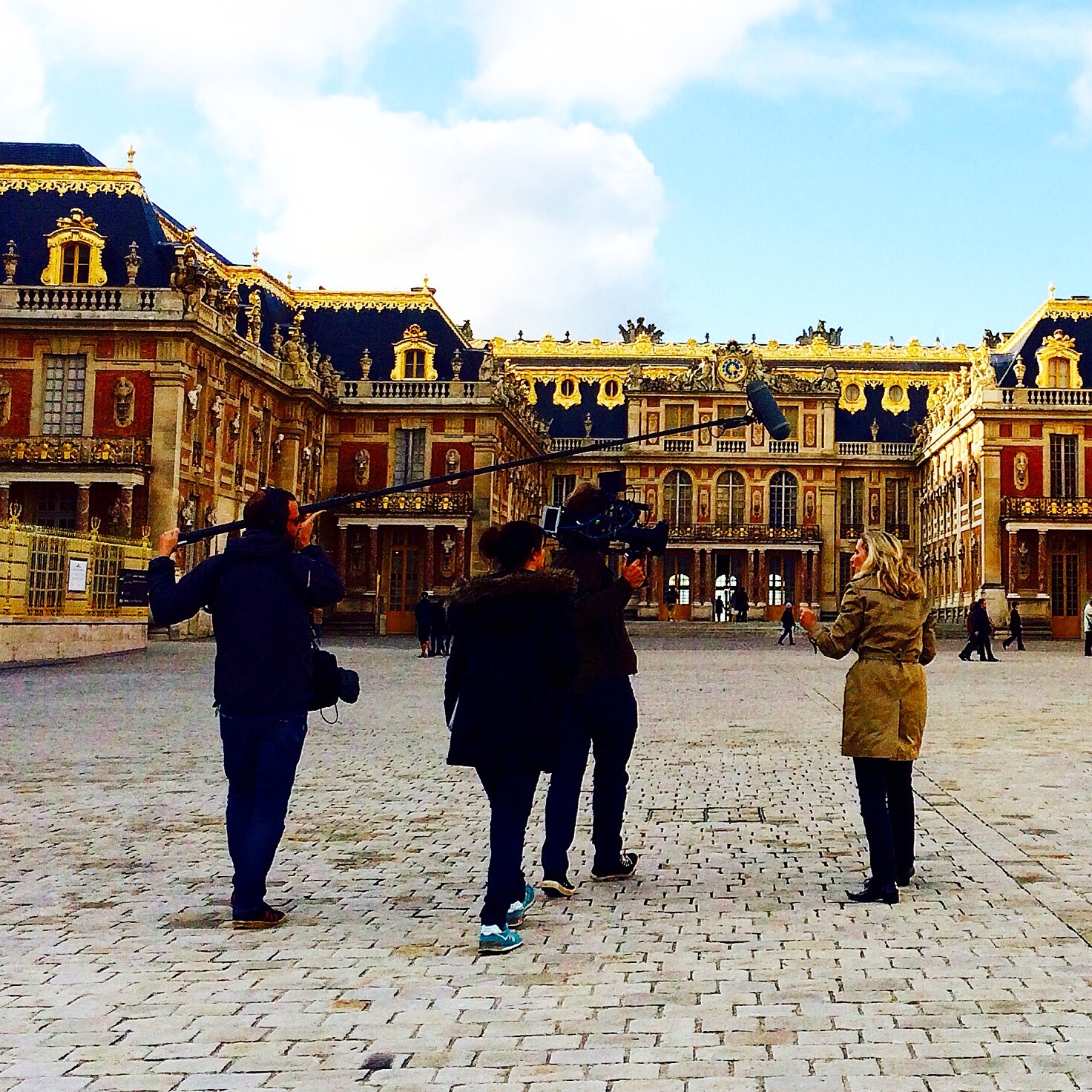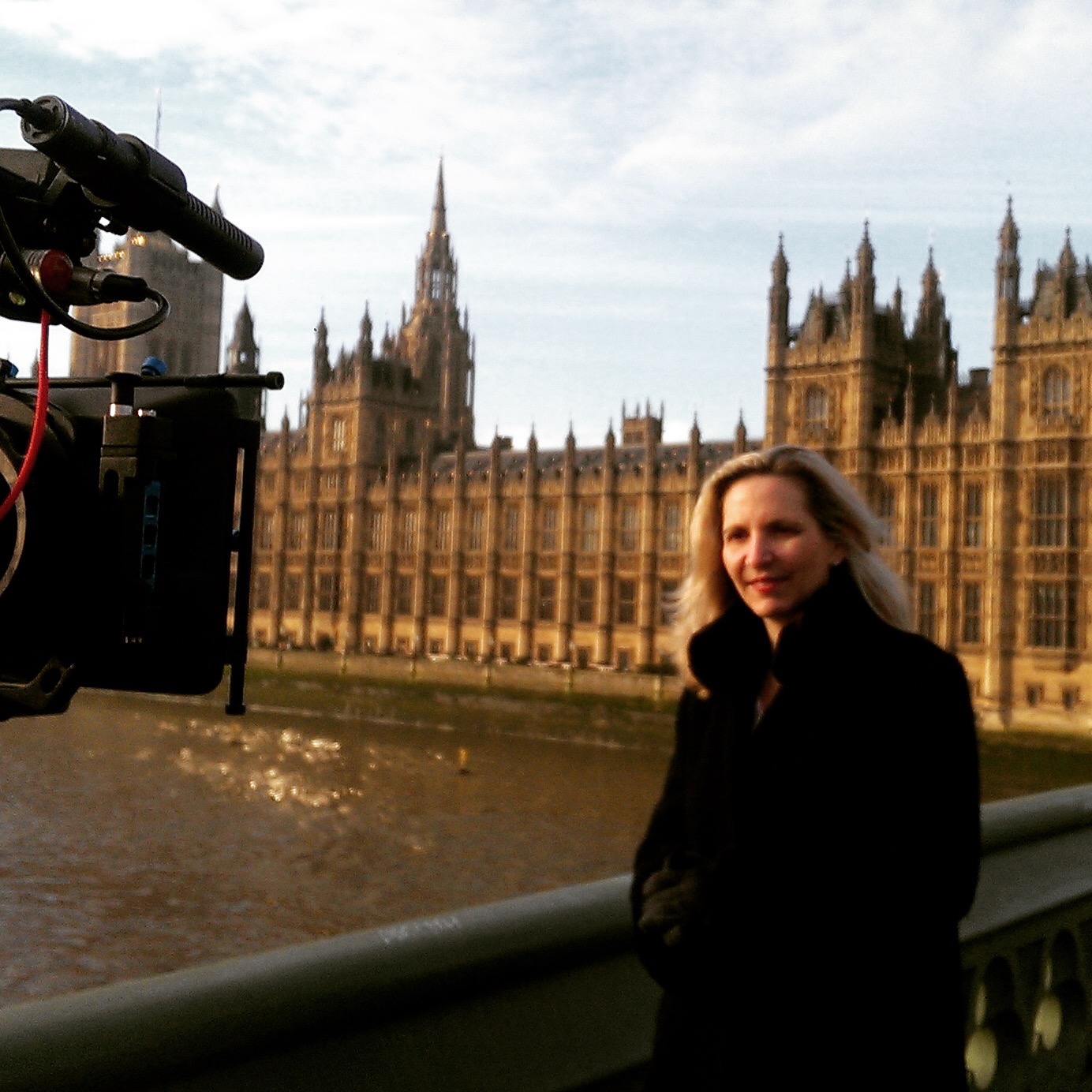Episode 4: Revolution
Dr. Amanda Foreman travels from east to west, including Russia, Britain, France and the United States, as she asks whether any of the modern revolutions actually delivered on their promises to women. From the French Revolution of the 18th Century to the Arab Spring in the 21st, Amanda argues that women have played an indispensible role, only to have their hopes betrayed as one patriarchal hierarchy is replaced by another. The remedy, she claims, is to create a different kind of revolution that isn’t about winners and losers but equal participants.
In this final episode, Amanda looks at the role of women in the revolutions that remade the modern world. She believes that the great alliance between men and women to achieve social change has been fraught with betrayal. From the political uprisings of the 18th century, to the ongoing battle for reproductive rights, women campaigners have had to fight for their own interests. Literary revolutionary Olympe De Gouges discovered during the French Revolution that her compatriots’ promise of equality, liberty and brotherhood was in fact limited to male citizens only. Likewise, the Bolshevik radical, Alexandra Kollontai, realised that although her fellow Revolutionaries claimed to put women’s rights at the forefront of ideological change, in reality Soviet Russia was no more interested in gender equality than its predecessor.
In the end, claims Amanda, revolutionary change for women only happens when they lead the struggle themselves – as Millicent Fawcett argued during the fifty-year suffrage movement, and Margaret Sanger did in America as she fought to get safe and effective birth control in the hands of women. The crushing disappointment for women of the Arab Spring, and the slow rate of change in Africa highlight the enormous challenge facing the developing world. Lindiwe Mazibuko, the former Leader of South Africa’s Democratic Alliance party, and Phumzile Mlambo-Ngcuka, UN Undersecretary General and Executive Director of UN Women both argue in the strongest terms possible that the future of Africa lies with its women.
Amanda ends with the bold statement: “I think radical change is happening to women right now. It is by no means universal and in some parts of the globe it’s not even going in the same direction. Nevertheless, it’s a wholly new kind of revolution: it’s an uprising without bloodshed, in which women are challenging the status quo, through awareness, through dialogue and through education.”
Highlights of the episode include an interview with Pussy Riot on whether Russia under Putin can ever learn from its mistakes.
Photographs from Episode 4

